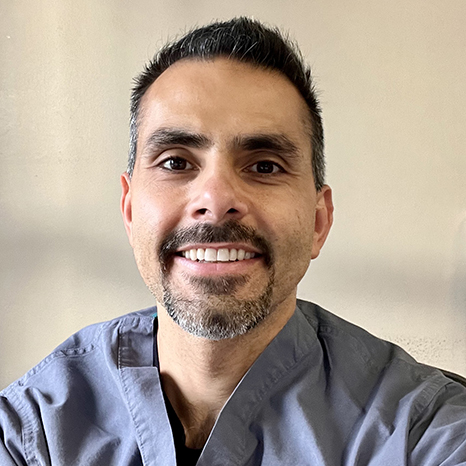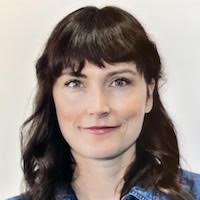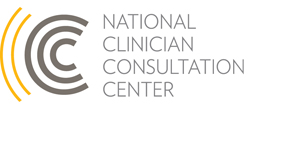Podcast: What is nPEP?
NECA in the Know Podcast Series, Episode 84
Aired: Thursday, January 12, 2023
Listen to veteran NCCC consultants, Tony Sayegh and Erin Lutes, as they speak with host Marianna Breytman on the Northeast/Caribbean AIDS Education and Training Center (NECA AETC) NECA in the Know podcast series about non-occupational Post-Exposure Prophylaxis (nPEP).
This discussion covers:
• What exactly is nPEP?
• Why is it so important?
• And why should you, as a provider, know about it?
Speakers:
 Tony Sayegh, MS, RN, FNP-C, AAHIVS, provides expert consultation and education to NCCC callers on HIV prevention, management and treatment. Tony is a University of California, San Francisco trained family nurse practitioner since 2012, maintaining an AAHIVM credential as an HIV Specialist since 2016. His career has included work in PrEP research, provision, and protocol development and implementation in addition to HIV/AIDS clinical management.
Tony Sayegh, MS, RN, FNP-C, AAHIVS, provides expert consultation and education to NCCC callers on HIV prevention, management and treatment. Tony is a University of California, San Francisco trained family nurse practitioner since 2012, maintaining an AAHIVM credential as an HIV Specialist since 2016. His career has included work in PrEP research, provision, and protocol development and implementation in addition to HIV/AIDS clinical management.

Erin Lutes, MS, RN, PHN, CNS, is a Clinical Nurse Specialist with a specialty in public health and HIV. She has been an NCCC HIV prevention consultant since 2014 with a special interest in stigma and harm reduction. She graduated from UCSF’s Master’s Entry Program in Nursing and Master of Science program and worked for the San Francisco Department of Public Health at Southeast Health Center’s HIV team and as a nurse in San Francisco-based primary care and urgent care clinics. Erin has also worked as Adjunct Faculty at Samuel Merritt University and as a clinical instructor for UCSF’s School of Nursing. She is a US Schweitzer Fellow for Life.
Listen to the Episode:
Listen to this episode directly on Spotify.
Explore NECA in the Know’s other episodes.
—
The National Clinician Consultation Center is supported by the Health Resources and Services Administration (HRSA) of the U.S. Department of Health and Human Services (HHS) as part of an award totaling $2,633,756 with 0% financed with non-governmental sources (grant number U1OHA30039, awarded to the University of California San Francisco, and in partnership with the Centers for Disease Control and Prevention). The content in this presentation is those of the authors and does not necessarily represent the official views of, nor an endorsement by, HRSA, HHS, or the U.S. Government. For more information, please visit HRSA.gov.
 University of California, San Francisco |
University of California, San Francisco |
